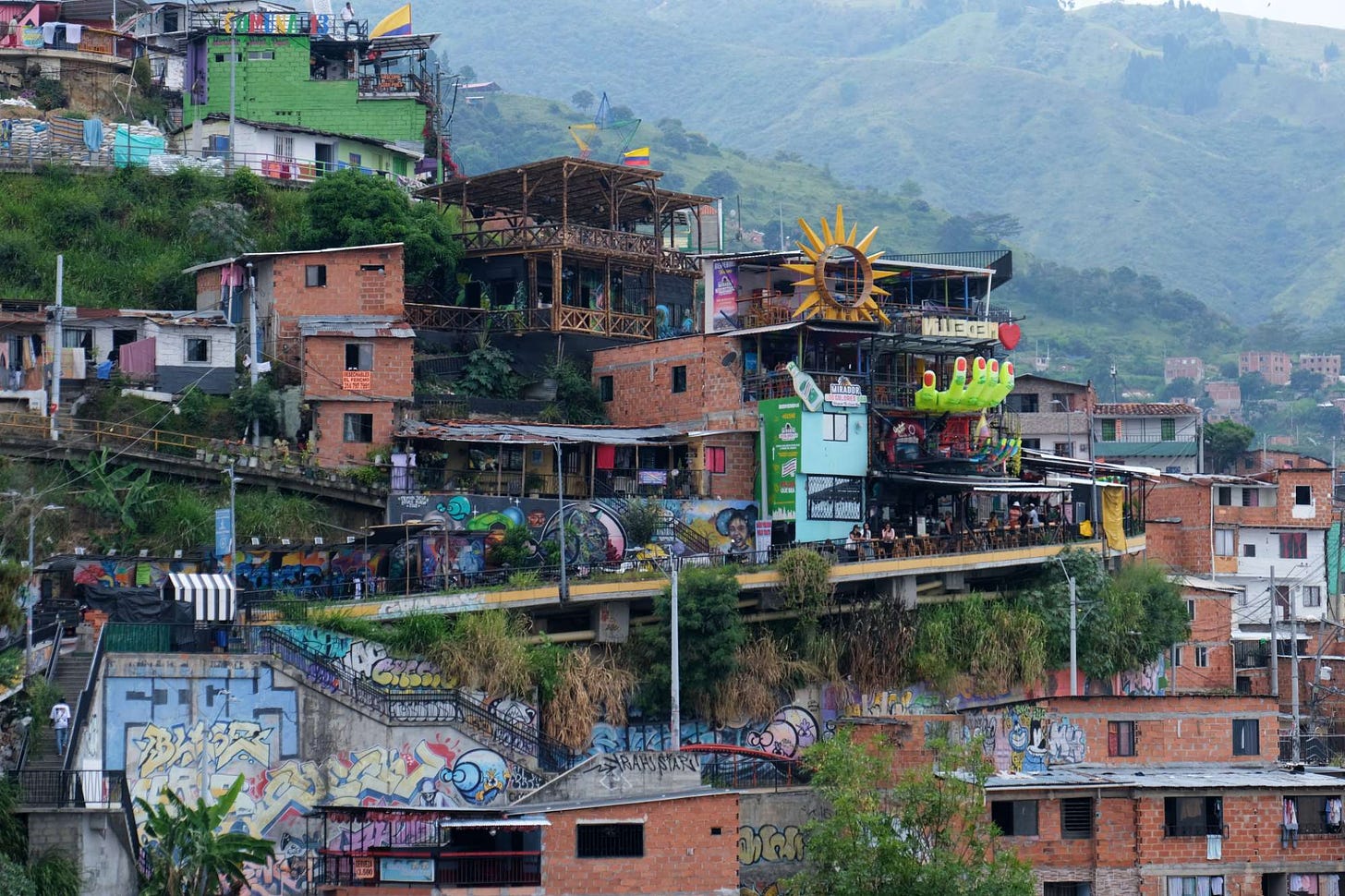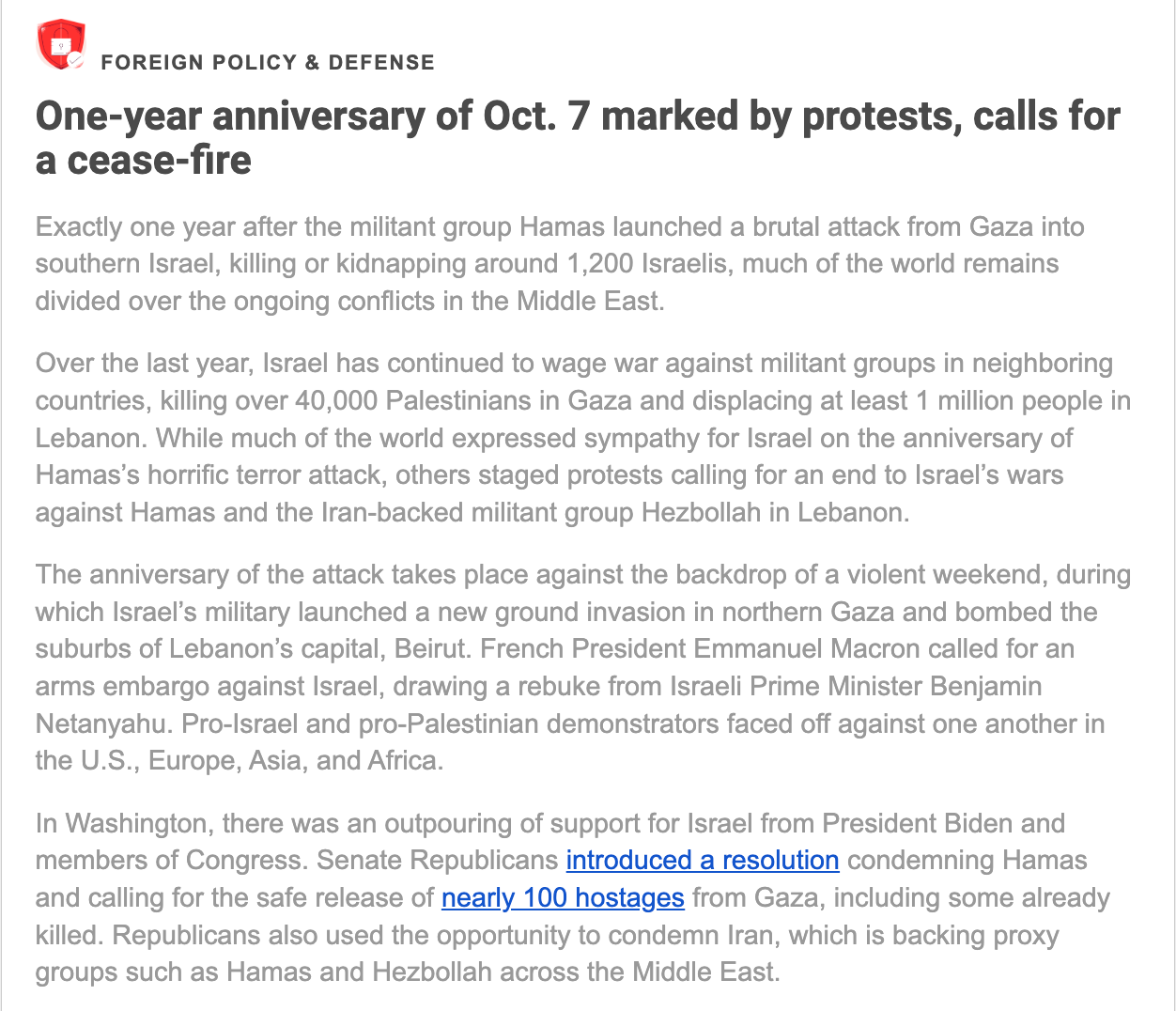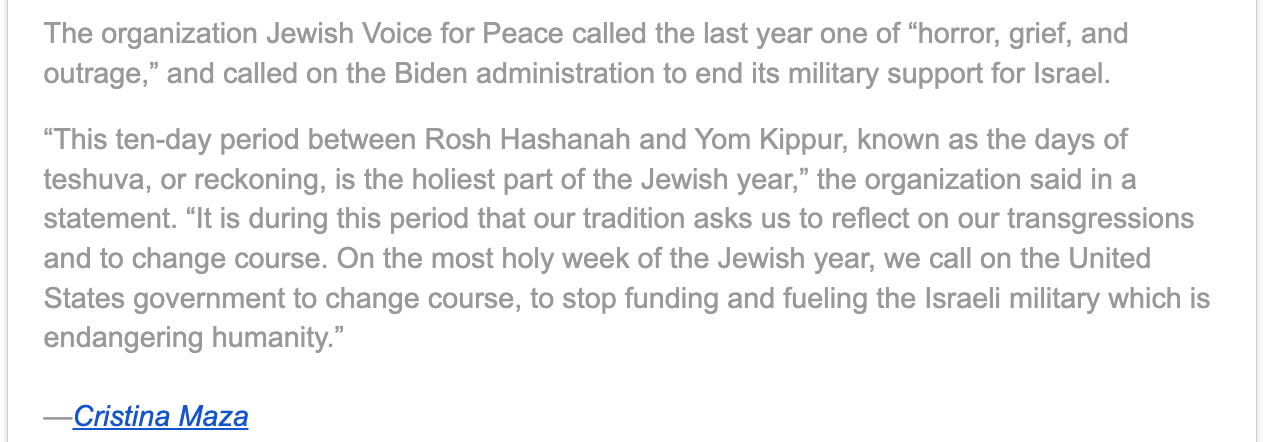In the late summer of 2016, I arrived in Cambodia mere days after the prominent political commentator and activist Kem Ley was shot dead at a gas station in the capital, Phnom Penh.
Authorities claimed that the murder was over a personal financial dispute, but no one really believed that. Everyone knew it was a political assassination, that Kem Ley had been targeted for raising his voice. Tens of thousands of mourners lined the streets for the funeral procession, which stretched from Phnom Penh to Takeo province.
A few days later, I arrived at the office of the Phnom Penh Post, a then vibrant and critical English-language publication, to meet my new colleagues. That’s when I first encountered Mech Dara, a Cambodian reporter our editor-in-chief entrusted to cover Kem Ley’s funeral in Takeo. Dara had teamed up with an Australian journalist, and the two of them had jumped on their motorbikes to cover the funeral. That’s how it worked in our office. A Cambodian journalist always teamed up with one of us native English speakers. And in my experience, we benefited much more from their knowledge of the local landscape than they did from whatever skills we brought to the table.
Dara didn’t pay much attention to me that day. To him, I was probably just another of the numerous foreign reporters who cycled through his office. But over the year and a half I spent covering Cambodia, I learned that Dara was always at the center of things. He wasn’t an attention seeker, a loudmouth, or an activist. But he was trusted by editors and experienced, and so he always seemed to be working on the most challenging and exciting stories. He had integrity, and if he said something, you usually took it seriously.
Dara and I were never what I would call close friends. But we worked and socialized in the same circles for over a year. He was something of a fixture of my life in Cambodia, someone I knew and saw regularly at office meetings, whose opinions and insights I respected.
We’ve remained Facebook friends ever since I left Southeast Asia. I thought about him as much as you think of any former colleague you have remained linked to online for years. That is, not much or often.
So I was a little surprised when I received an email last week from a human rights group calling on the Cambodian government to free Mech Dara. “Wait a minute,” I thought as my finger hovered over the delete button, an automatic response by a person who likes an empty inbox. “I know that guy.”
Dara has now been charged with incitement over a Facebook post and could potentially spend two years in jail.
There is no doubt in my mind that, like the death of Kem Ley, his arrest is politically motivated. It’s a sign of how bad things have gotten for media freedom in a country where independent journalism thrived just seven or eight years ago.
Many people, including innumerable human rights organizations and the U.S. State Department, are calling on the Cambodian government to free Dara. I wrote an article about it for National Journal. His arrest was also featured in NPR, the Guardian, and the BBC, among others. Rappler profiled him.
I don’t know if anything we say or write will make a difference. I don’t get the impression that the Cambodian government is listening to anyone these days. I hope people will keep screaming about it because it’s infuriatingly unjust. A bright, committed, young-ish person who is good at his job might lose years of his life for no good reason. I don’t have anything insightful to say about that. It just sucks.
This week for Lazo Magazine, journalist Austin Landis wrote about over-tourism in Colombia and why locals are leaving Medellin’s bustling Comuna 13 neighborhood in droves.
You Can Read Her Article By Clicking Here.
Lazo Magazine is on social media. You can follow along on Facebook, Twitter, LinkedIn, and Instagram. You can also donate to Lazo Magazine or become a paid subscriber.
What I’m writing:
• I wrote about the arrest in Cambodia of my former colleague Mech Dara. This story is unlocked and free to read.
• During my recent reporting trip to South Korea, I profiled Tae Yong-ho, a former North Korean diplomat who is now the highest-ranking defector in the South Korean government. He spoke to me about leaving his family in North Korea, how he made the difficult decision to defect, and his vision of a unified Korea. This story is unlocked and free to read.
My weekly news blurbs:
What I’m reading:
• New Lines Magazine has a report from Serbia about the country’s polygraph craze. “As Serbia grapples with one of the most significant organized crime problems in Europe, politicians are turning a craze for polygraph testing to their own advantage,” Ingrid Gercama writes.
• New York Magazine has an interesting article about USAID administrator Samantha Power and her position on the war in Gaza. She faced similar dilemmas as an Obama administration official during the war in Syria.
• Russian intelligence used a “honeytrap” to recruit an Irish politician as an agent for the Kremlin during the Brexit talks, the Times of London reports. That politician is still in the Irish parliament.
• Russian opposition activist Ildar Dadin was killed in action while fighting for Kyiv, the BBC reports. Dadin was a well-known Kremlin critic and the first citizen convicted under a 2014 Russian protest clampdown law.
• Months into Russia’s Ukraine invasion, the United States had “credible” intelligence that Russian President Vladimir Putin was considering using nuclear weapons to avoid battlefield losses, journalist Bob Woodward claims in his new book. The Associated Press has the write-up.
• Slovak Prime Minister Robert Fico vowed to block Ukraine from joining NATO for as long as he leads the country, Politico Europe reports.
• Romania’s top court barred the hardline nationalist candidate Diana Sosoaca from the presidential race due to her pro-Russian and anti-NATO views, Reuters reports.
• The New York Times reports that Hungarian Prime Minister Viktor Orbán received a hostile reception at the European Parliament. After Orbán finished his speech, some MEPs sang the Italian World War II-era anti-fascist resistance song “Bella Ciao.”
• Viktor Bout, the Russian arms dealer released from U.S. jail in a 2022 prisoner exchange with Moscow, is back in business trying to broker arms sales to the Houthis, the Wall Street Journal reports.
• Russia’s defense minister and Burkina Faso’s prime minister met to discuss expanding military ties, Reuters reports.
• Russian President Vladimir Putin visited Turkmenistan, the Associated Press reports. Putin is ostensibly meeting his Iranian counterpart Masoud Pezeshkian to celebrate the 300th anniversary of Turkmen philosophical poet Magtymguly Pyragy.
• Britain’s then-Trade Secretary and now former Prime Minister Liz Truss pushed through $1.15 billion in U.K. taxpayer support for TotalEnergies’ $20 billion liquefied natural gas project in northern Mozambique, which Politico revealed is embroiled in allegations of abduction, murder, and rape, Politico Europe reports.
• French Prime Minister Michel Barnier’s new center-right government survived a left-wing no-confidence vote, Reuters reports.
• Spanish Prime Minister Pedro Sánchez, one of the European Union’s few remaining left-wing leaders, plans to champion migration, focusing on making things easier for those wanting to come and integrating them into an aging society whose cities have emptied for decades, the Guardian reports.
• Austrian President Alexander Van der Bellen said he couldn’t ask the far-right Freedom Party to form a government after it came first in last month’s election because no one wants to govern with it, Reuters reports. He said the parties that came in second and third — Chancellor Karl Nehammer’s conservative People’s Party (OVP) and the Social Democrats (SPO) — should try to form a coalition.
• The European Union spent close to €1 billion on border infrastructure and migration control in Turkey to reduce asylum-seeker arrivals. A months-long investigation by Politico Europe and eight other news outlets found that Turkey is using this EU-funded infrastructure to deport Syrians and Afghans in violation of international law — and the European Commission is ignoring warnings about the abuses it’s funding.
• Female IDF soldiers stationed near the Gaza border warned Israeli authorities for months about increasingly suspicious Hamas activity before Oct. 7, but their concerns were dismissed, according to a report by the Wall Street Journal.
• Hamas and Fatah leaders met in Cairo for Palestinian unity talks, Reuters reports.
• The Biden administration is pushing to use Israel’s offensive against Hezbollah to end the militant group’s long-running dominance by electing a new Lebanese president, the Wall Street Journal reports.
• “Relentless” Israeli attacks on Gaza medical workers and healthcare facilities amount to war crimes and extermination, United Nations investigators said. The New York Times has the story.
• The leader of the Sudanese paramilitary Rapid Support Forces accused Egypt of involvement in airstrikes on the group’s troops, Reuters reports.
• Somalia welcomed Egypt’s offer to deploy peacekeeping troops to the nation as part of a stabilization force when the African Union mission disbands in December, the Associated Press reports.
• In a renewed crackdown on dissent, the Pakistani government banned an ethnic Pashtun rights movement that has long criticized the country’s powerful military, the New York Times reports.
• The largest political party in India-administered Kashmir that opposes stripping the region’s semi-autonomy won the most seats in legislative elections, Al Jazeera reports.
• North Korean soldiers have been killed fighting for the Kremlin on the front lines in Ukraine, South Korea has said. The Telegraph has the story.
• North Korean military engineers have been deployed to help Russia target Ukraine with ballistic missiles, the Guardian reports.
• North Korea will sever all road and rail links to South Korea in a bid to shut off and block the southern border permanently, the BBC reports.
You can write to me for any reason: c.maza@protonmail.com








